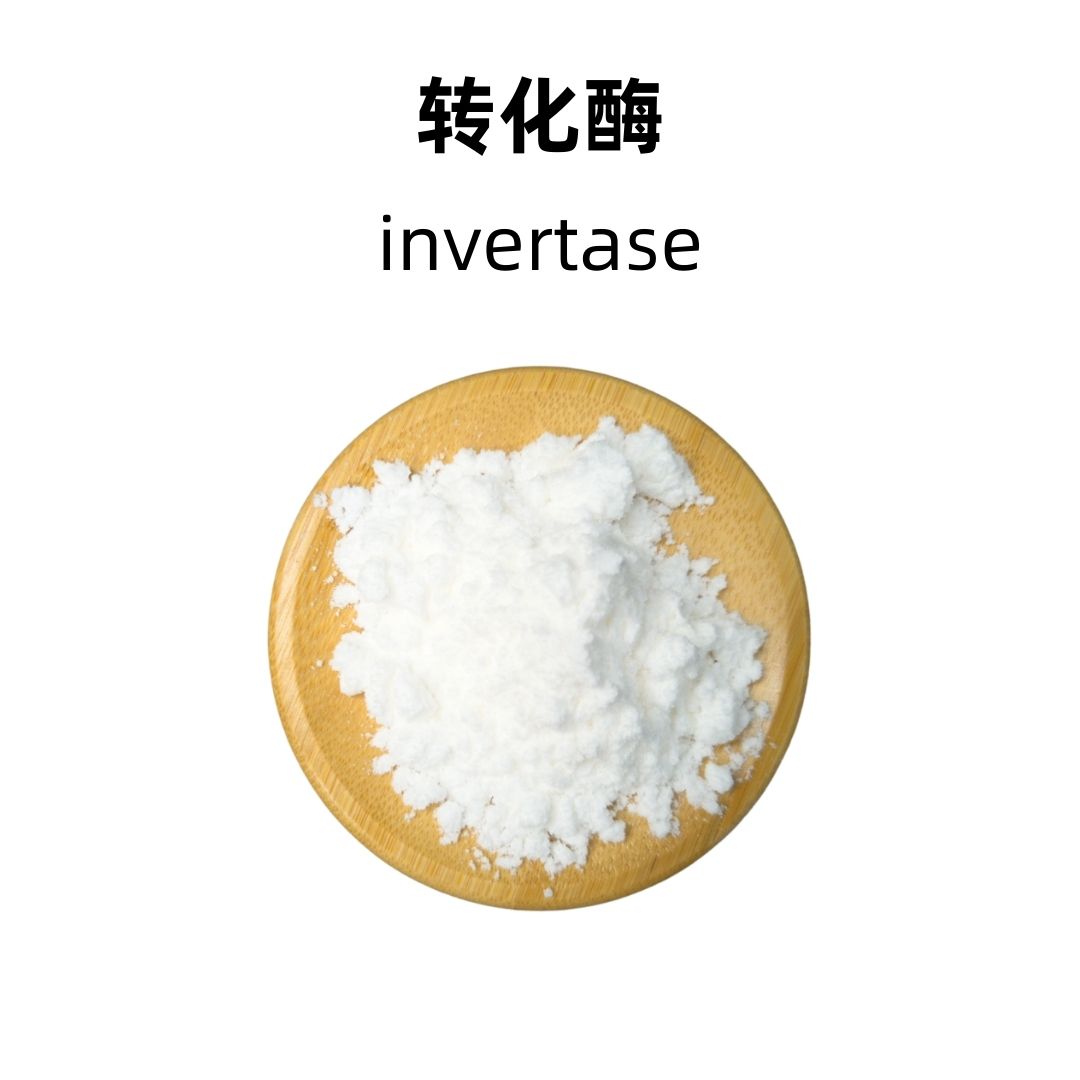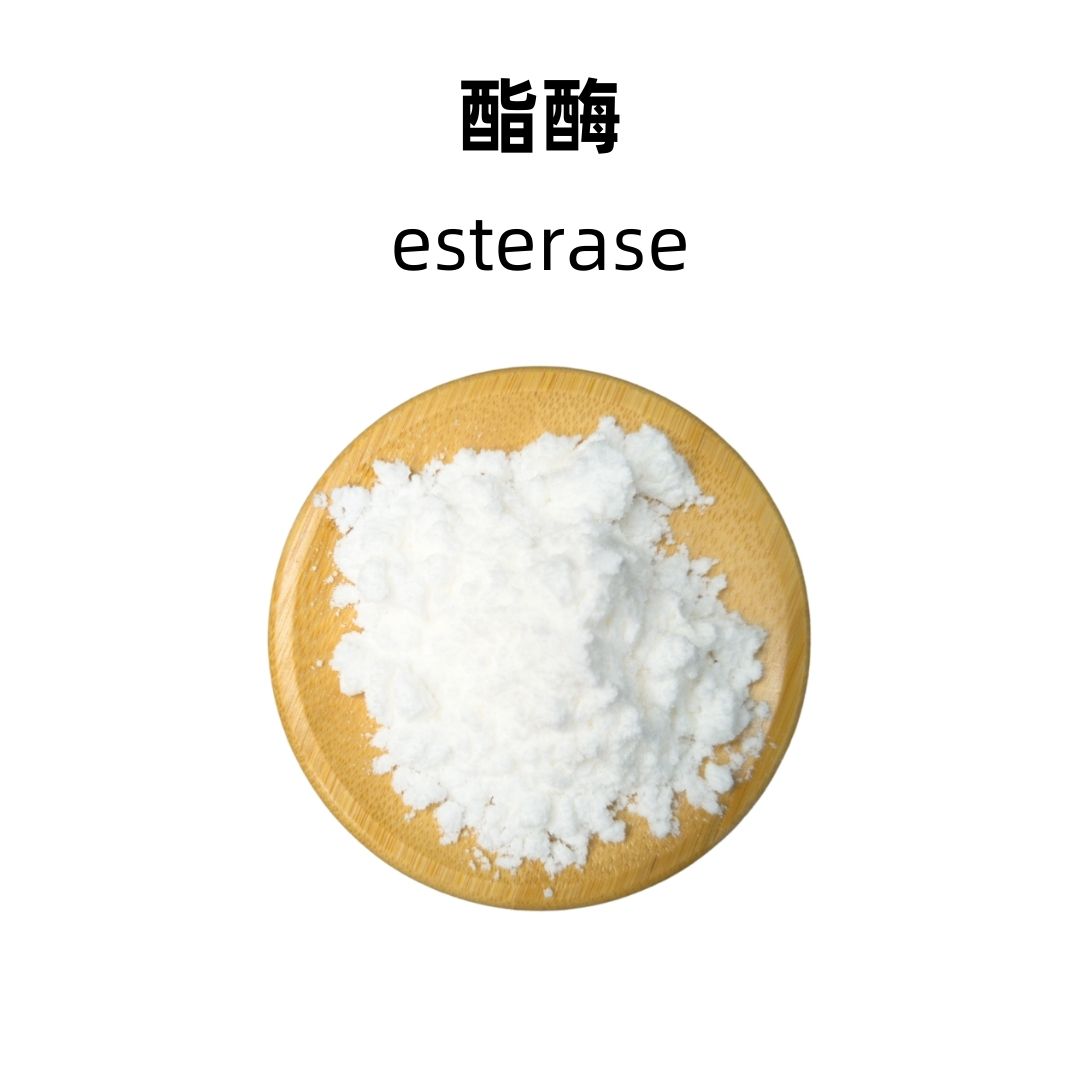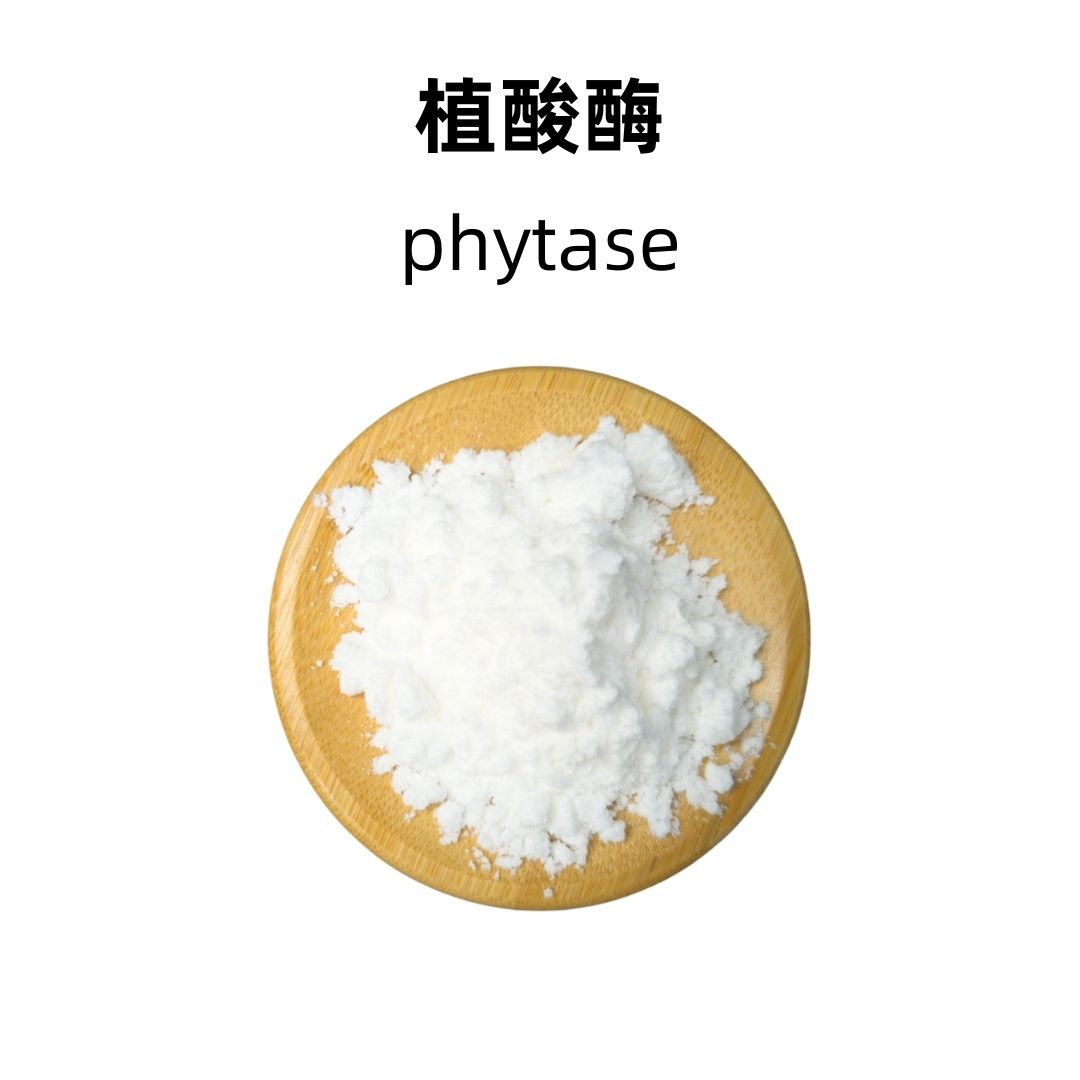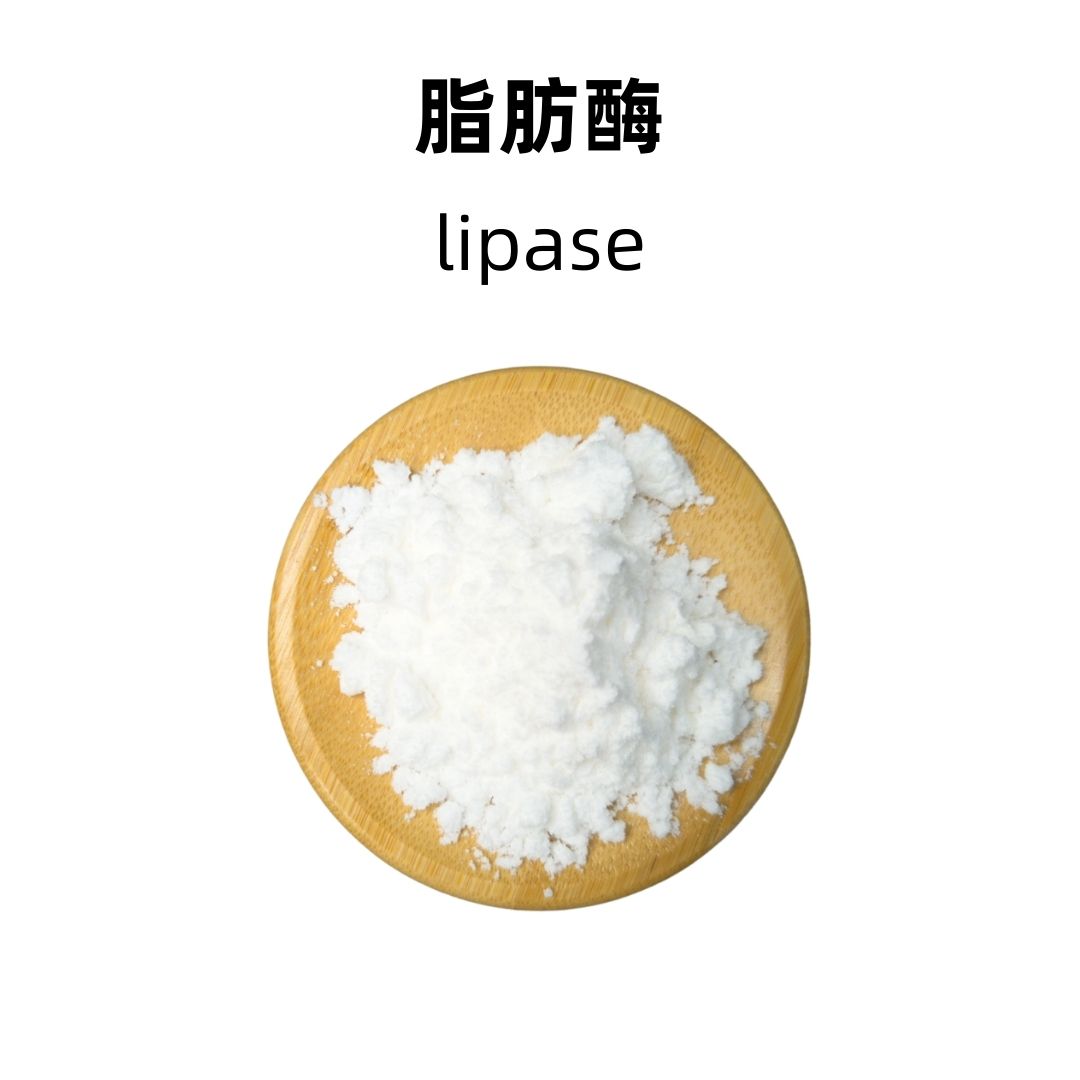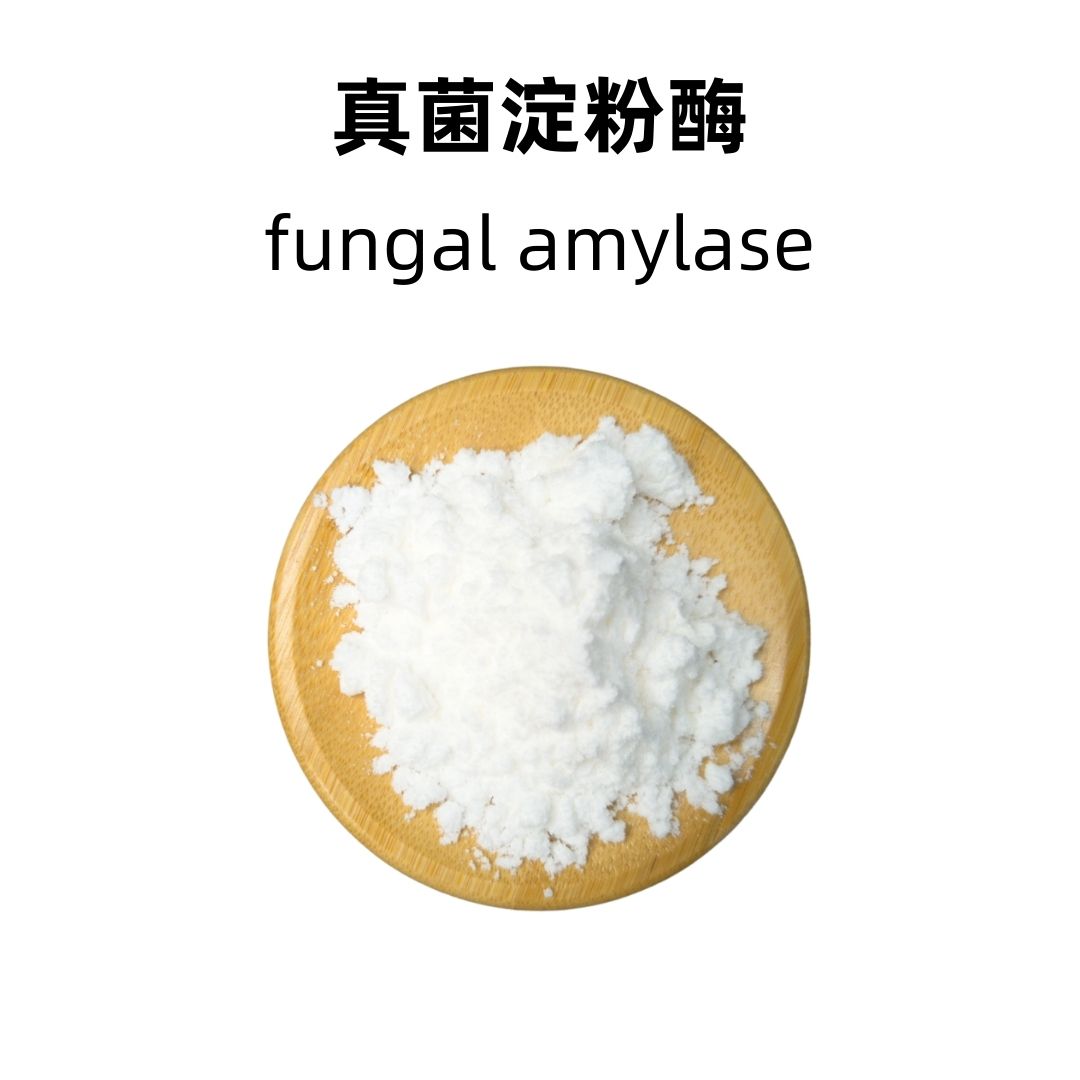Product Introduction
Arabinofuranosidase is an important enzyme that catalyzes the hydrolysis of arabinofuranosides in complex carbohydrates. It plays a significant role in the breakdown of hemicellulose, which is a major component of plant cell walls. By cleaving the bonds in arabinose sugars, this enzyme helps convert polysaccharides into simpler sugars, which can be utilized by microorganisms or plants. Arabinofuranosidase has garnered interest for its applications in improving the digestibility of plant-based feeds and enhancing yields in biofuel production.
Production Process
The production of arabinofuranosidase typically involves fermentation of selected microbial strains proficient in producing this enzyme. The microbial culture is cultivated under controlled conditions to maximize enzyme production. After fermentation, the enzyme is extracted and purified, often using methods like precipitation, chromatography, and filtration. Quality checks are performed to ensure the enzyme meets specified activity levels and purity standards. This manufacturing process ensures a reliable supply of high-quality arabinofuranosidase for various applications.
Effects and Functions
Arabinofuranosidase has several important functions, primarily in the degradation of complex carbohydrates. It reduces viscosity in plant-based diets, improving the digestibility of feed for livestock. Additionally, it enhances the saccharification process in the production of biofuels, aiding in the conversion of lignocellulosic biomass into fermentable sugars. This enzyme also supports the breakdown of plant cell walls, making nutrients more accessible for microbial fermentation in both ruminant and non-ruminant animals.
Application Scenarios
Arabinofuranosidase is widely utilized in the food industry, particularly in the processing of fruit juices and plant-based products, where it helps clarify and enhance flavors. In animal nutrition, this enzyme improves feed efficiency and nutrient absorption, ultimately promoting better growth rates in livestock. The enzyme also finds applications in the biofuels sector, where it aids in optimizing biomass conversion processes, leading to increased yield in ethanol and other biofuels. Other applications include textile processing and paper manufacturing, where arabinofuranosidase contributes to fiber treatment and improvement of quality.
Packaging and Storage
Storage Conditions: The product should be sealed, protected from light, kept away from high temperatures, and stored in a dry, cool, and well-ventilated place.
Packaging: Bulk is typically packaged in 25 kg fiber drums. Samples are available in 1 kg aluminum foil bags. Custom packaging can be arranged upon request.
Shipping Methods: Options for shipping include FedEx, DHL, dedicated logistics, and sea freight consolidation.
Shelf Life: The shelf life is approximately two years when stored according to the recommended conditions.
Monica Sun possesses extensive technical expertise and market insights in the food additives industry. She excels in designing efficient and safe additive formulations tailored to various food applications, ranging from sweeteners to functional dietary fibers. Monica has successfully assisted food manufacturers in optimizing ingredient combinations to enhance product quality and improve consumer satisfaction.









